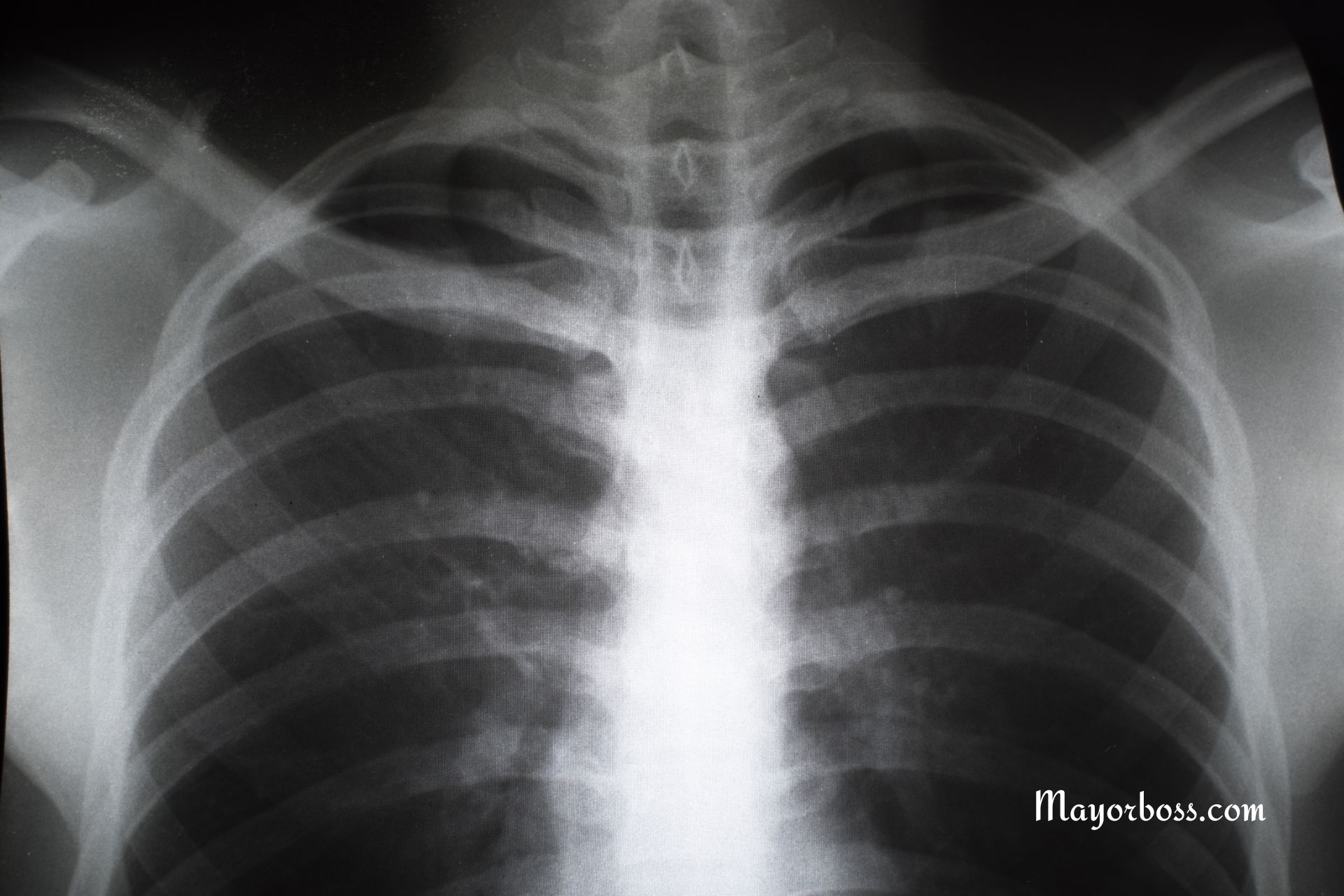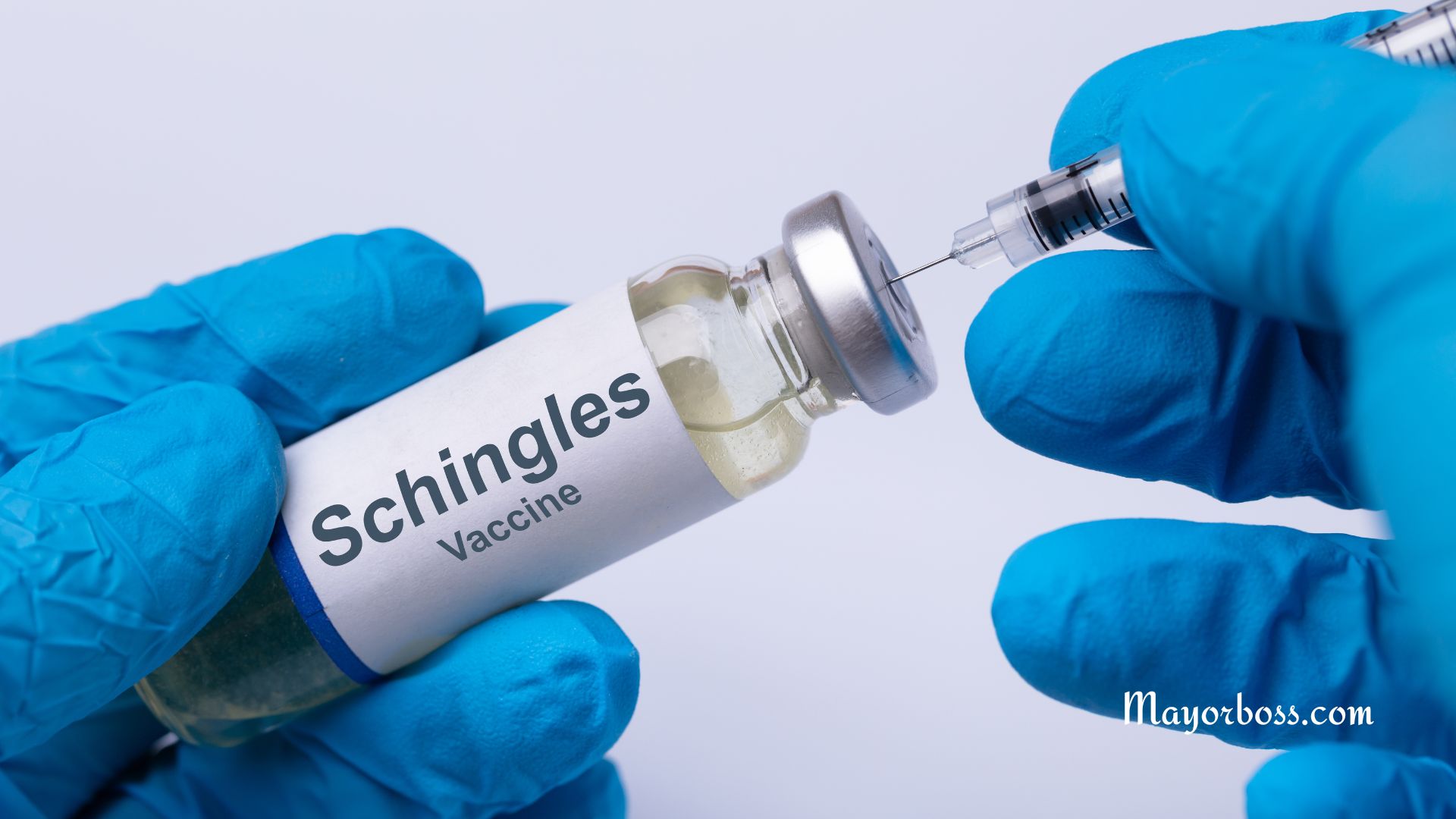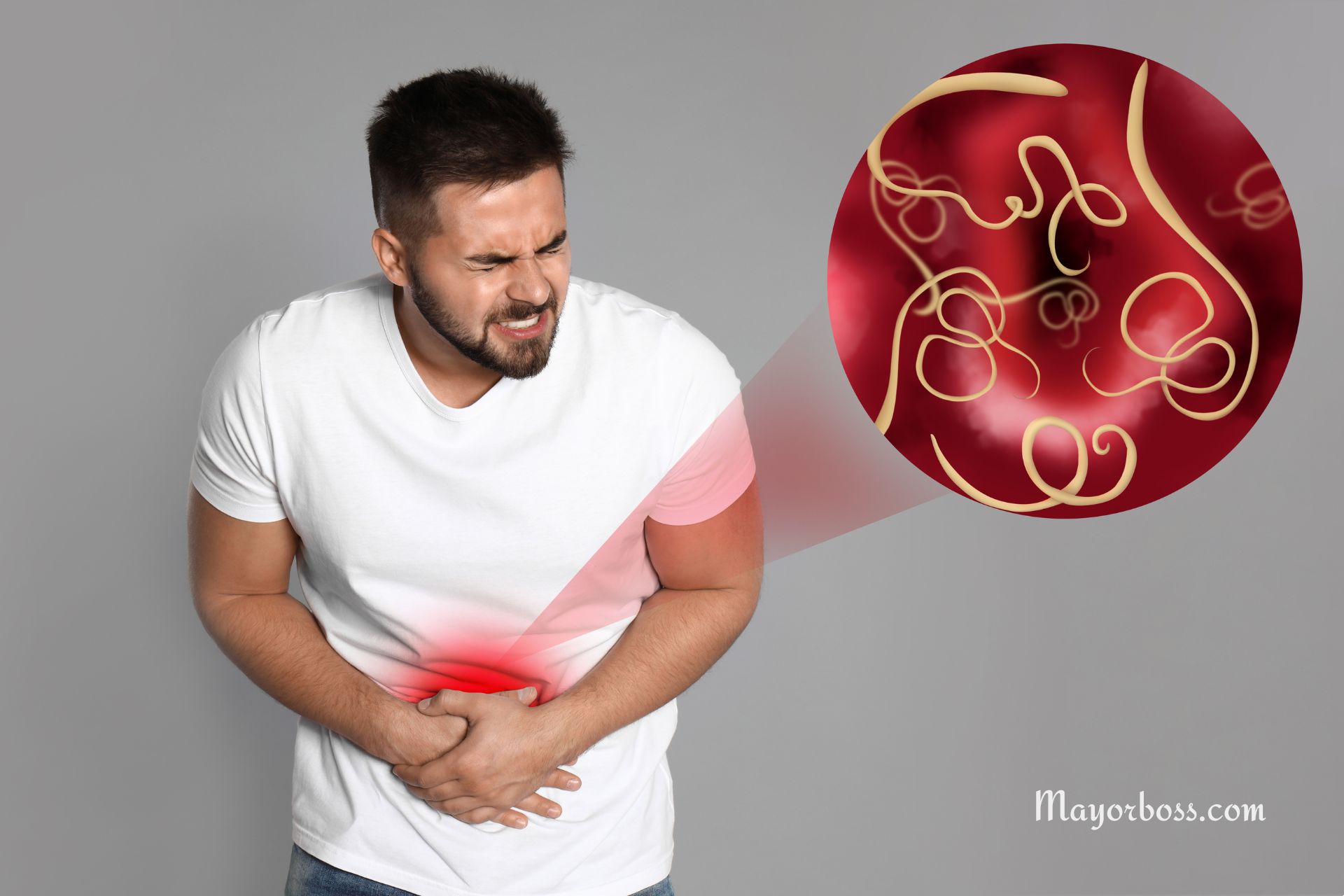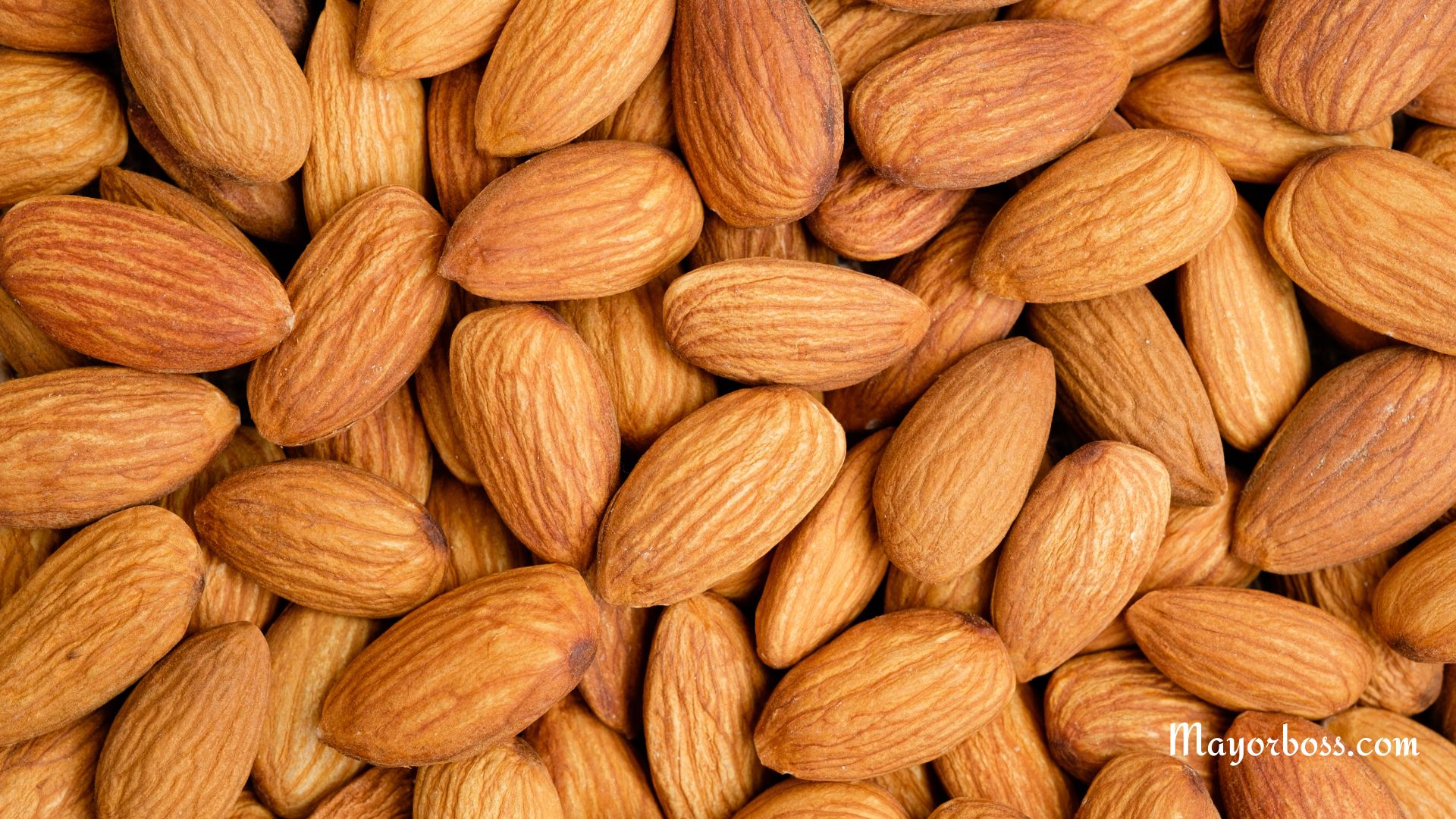Things You Can Do to Ease Sinus Pressure and Pain
Sinus pressure and pain can be really uncomfortable, especially when you have to go about your daily routine. The good news is there are several easy ways to help you feel better. Here are simple things you can do right now to ease sinus pressure and pain.
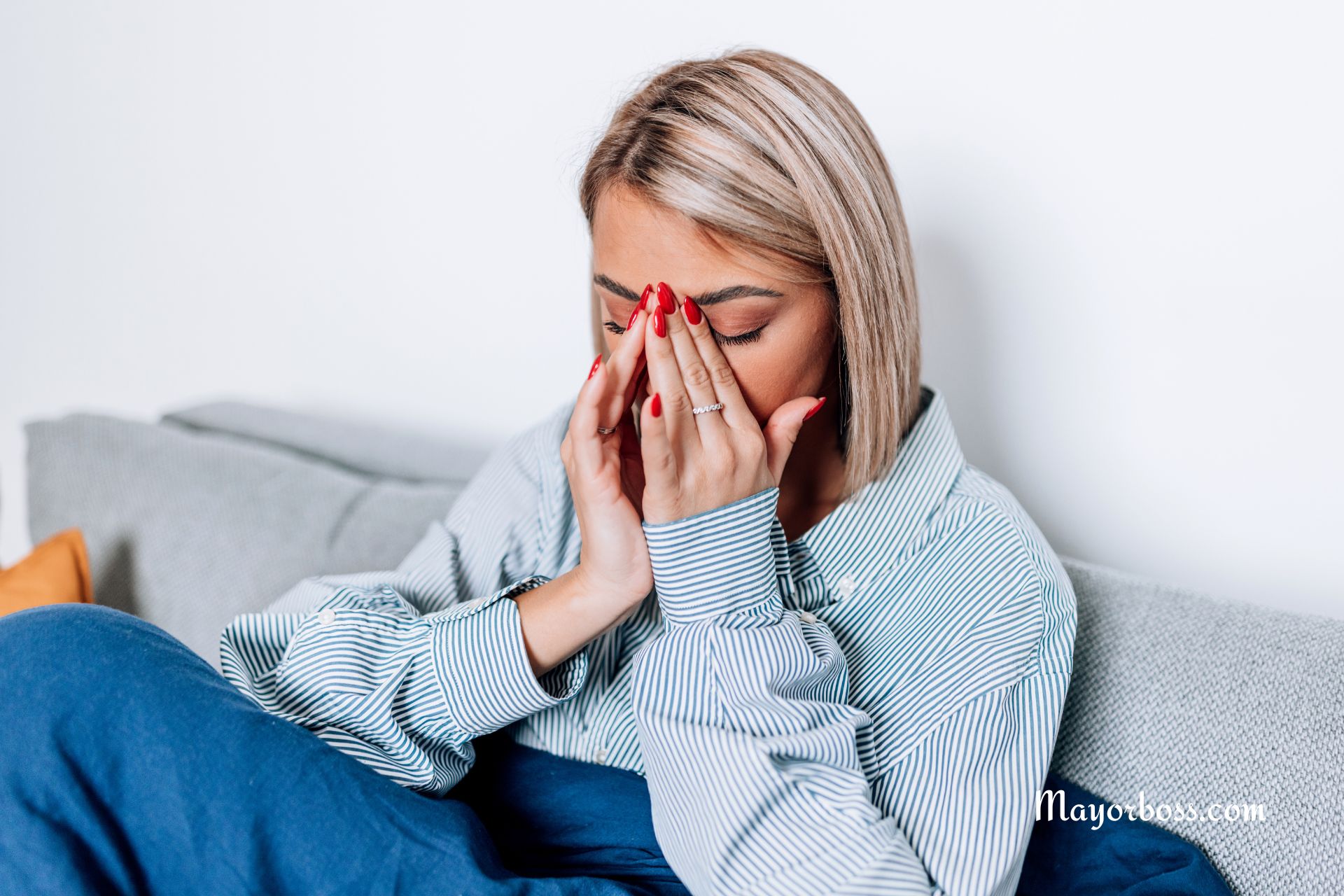
Use a Warm Compress
Putting a warm compress on your face can help ease sinus pressure and pain quickly. The heat helps loosen up mucus so it can drain from your sinuses more easily. To do this, soak a clean washcloth in warm water, wring it out, and place it over your nose, cheeks, and forehead for a few minutes. This can help with pain and reduce swelling, making it easier for you to breathe.
Steam Inhalation
Breathing in steam is another good way to clear up sinus congestion. The steam helps keep your nasal passages moist and loosens up thick mucus. Boil some water, put it in a safe spot, and carefully lean over it. Cover your head with a towel to trap the steam, and breathe deeply for about 10 minutes. You can add a few drops of eucalyptus or peppermint oil for extra relief if you like.
Saline Nasal Spray
Using a saline nasal spray or rinse can be very helpful for sinus relief. It helps clear out extra mucus, reduces congestion, and keeps your nasal passages moist. You can buy saline sprays at the drugstore, or you can make your own with salt and distilled water. Many people use a neti pot for this—just make sure to use distilled or boiled water to be safe.
Stay Hydrated
Drinking enough water is important for reducing sinus pressure. Staying hydrated thins out mucus, which makes it easier for your sinuses to drain. Try to drink at least 8 glasses of water a day. Herbal teas and clear soups also help. Avoid drinks like alcohol or caffeine since they can dehydrate you and make sinus congestion worse.
Elevate Your Head When Sleeping
If you have sinus pain at night, try keeping your head propped up while you sleep. Elevating your head can help your sinuses drain better, which reduces pressure. You can use extra pillows or even raise the head of your bed a little to help improve drainage and reduce pain.
Over-the-Counter Decongestants or Antihistamines
Sometimes, over-the-counter medicines can help relieve sinus pain and pressure. Decongestants like pseudoephedrine can reduce swelling in your nasal passages, and antihistamines can help if allergies are making things worse. Be careful, though—these medicines aren’t for everyone and can have side effects. Make sure to talk to your doctor before using them.
Use a Humidifier
Dry air can make sinus pain worse. Using a humidifier in your home can help keep the air moist, which helps prevent your nasal passages from drying out and becoming irritated. Be sure to clean your humidifier regularly to prevent bacteria or mold buildup, as this can make sinus problems worse.
Avoid Triggers
Avoiding things that irritate your sinuses is important. Allergens like pollen, dust, and pet dander can make your sinus symptoms worse. Cigarette smoke is another big irritant that can make your sinuses inflamed. If allergies are causing your symptoms, think about using an air purifier or taking antihistamines after talking to your doctor.
Gentle Facial Massage
A gentle facial massage might help relieve sinus pressure. By massaging the areas around your nose, cheeks, and forehead, you can help get the mucus moving and reduce some of the pressure. Use your fingers to apply gentle pressure in small circles on the affected areas for a few minutes.
Eat Spicy Foods
Believe it or not, eating spicy foods can help clear sinus congestion for a little while. Hot peppers, for example, have capsaicin, which helps thin mucus and open up your nasal passages. If you can handle spicy food, try adding a bit to your meals—it might help you breathe a little easier, even if it’s just for a short time.
Rest is Important for Allowing Your Body to Recover
Don’t forget the importance of rest. When your body is fighting sinus pressure and pain, it needs time to heal. Make sure you get enough sleep so that your immune system can do its job. A well-rested body is better able to recover and keep sinus problems under control. If your symptoms keep getting worse or don’t go away, see a doctor. Sometimes ongoing sinus pain means there’s an infection or another problem that needs medical care.

